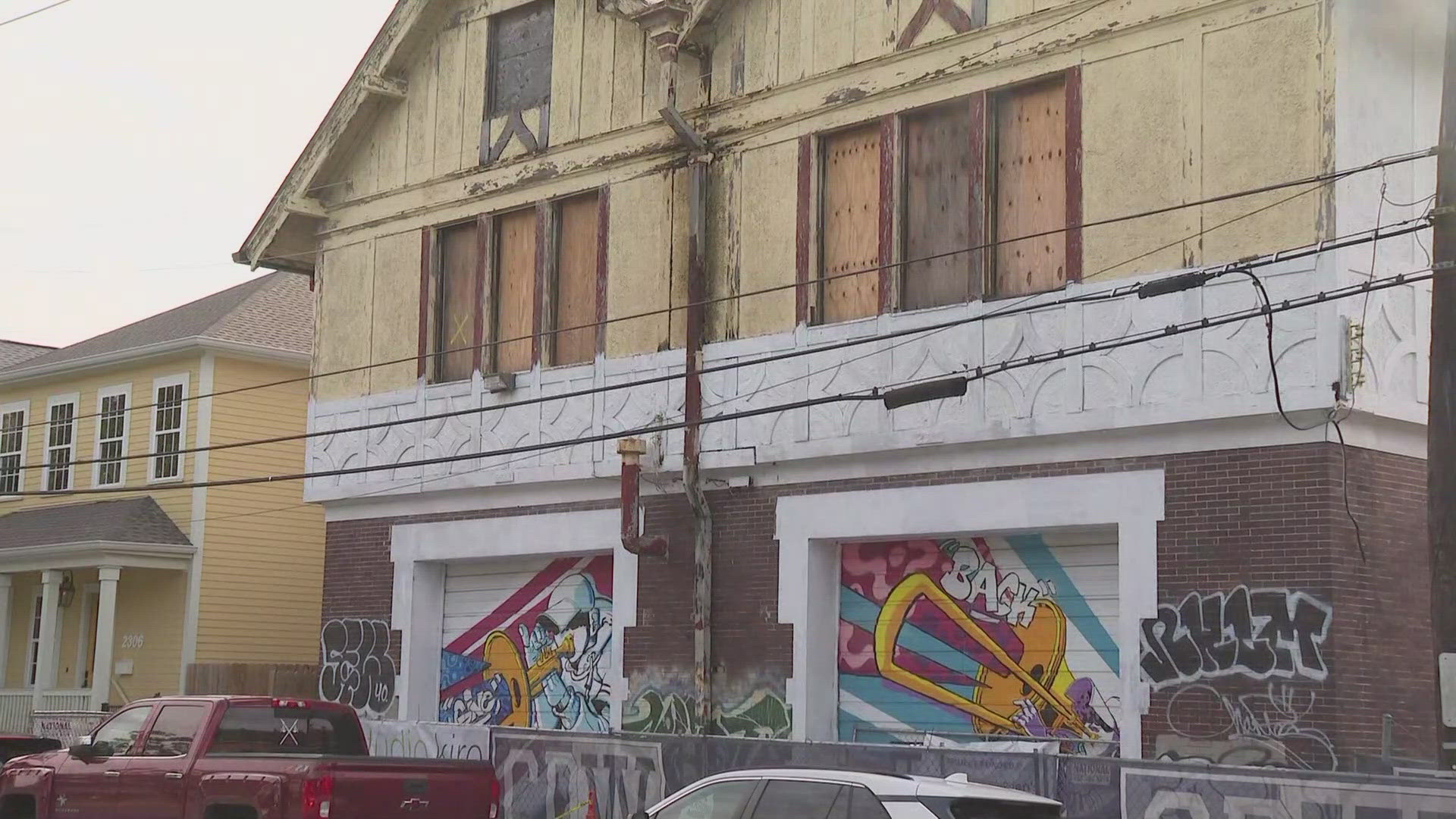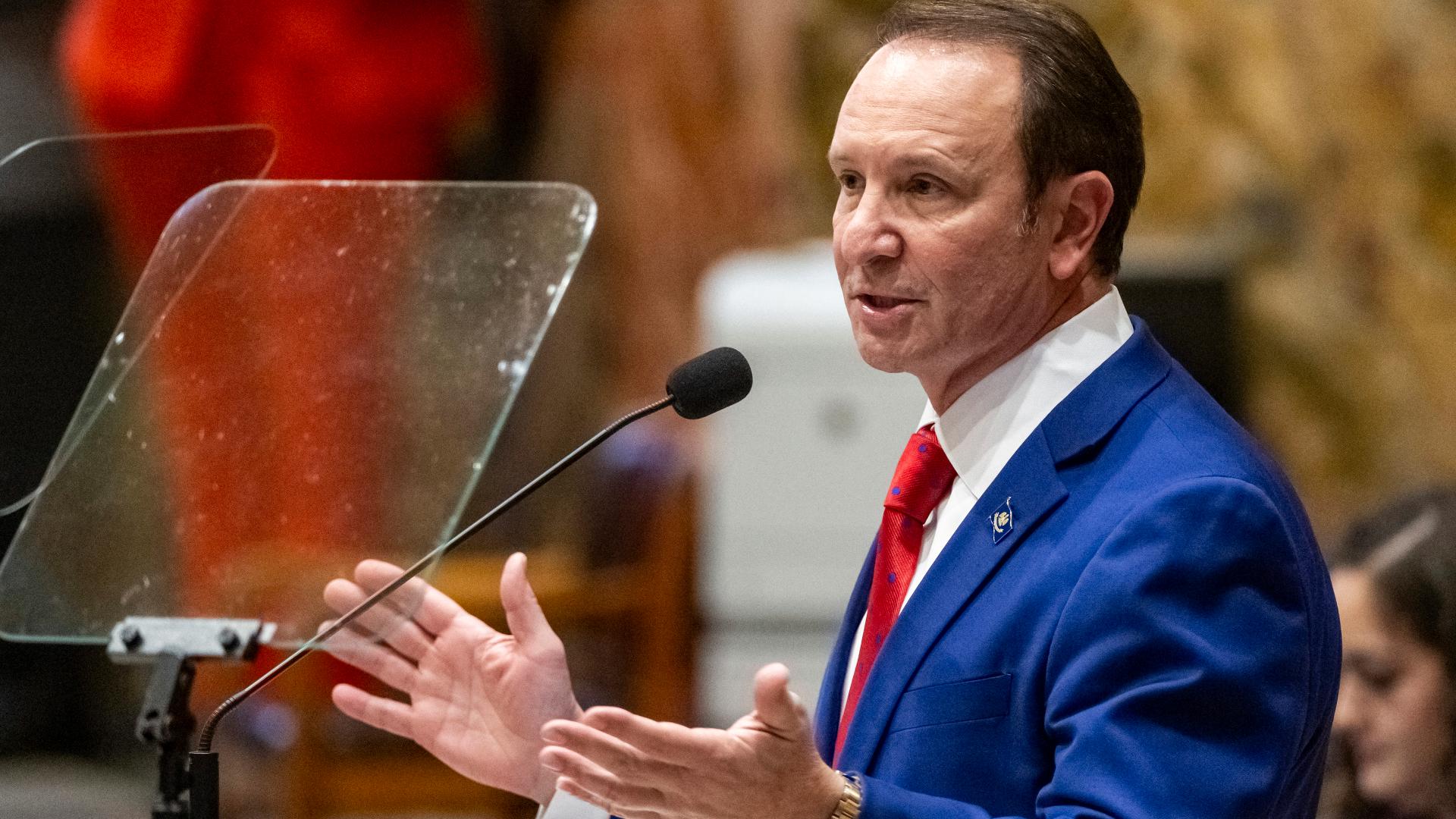NEW ORLEANS — In less than a week, Louisiana's tax code could drastically change. The special session on taxes is expected to lower income taxes and cut certain tax exemptions.
One popular exemption on the chopping block is the historic tax credit. It's been used to restore and revitalize communities across the state.
It gives developers up to 25 percent of renovation costs back in urban areas and up to 35 percent in rural areas.
The developers of the historic Central City firehouse on Louisiana Avenue say it was critical to securing the funding needed for their project.
“The majority of projects that utilize the historic tax credit are not the big downtown central business district buildings. They’re things like this in our communities," Director of Alembic Community Development, Jonathan Leit, said.
On Tuesday, the developers, City of New Orleans and other partners announced plans to renovate the property into an early childhood center with affordable housing units on the upper floors.
It's the first property to go through the city's restoration authority framework that turns blighted buildings into community-serving hubs.
“This is a great day for the neighborhood, for the city, for New Orleanians, and we think this property can be a model for other vacant city properties around town," Mayor's Office of Community Assets and Investment Director, Tyler Russell, said.
Leit said the project was an estimated $8.5 million, and they received roughly $1.5 million back thanks to the credit.
The future of the historic tax credit program has been up in the air since Governor Jeff Landry called for the elimination of all special tax programs as part of his extraordinary session on tax reform.
On Tuesday, lawmakers pushed back. In a senate committee meeting, the bill was amended to cut the annual cap of the program from $125 million a year to $85 million.
Senators called it a 'wise investment' that spurs economic opportunity in Louisiana.
Preservation Resource Center Executive Director, Danielle Del Sol, has been fighting the legislation since it was proposed.
“Since the cap has been in place, we have never gotten to 125 million, it’s been more like 85 million every year. So, this doesn’t scare us, we would much rather keep the program alive," Del Sol said, "We have things in the city that will never get done if the tax credit program is eliminated. Charity Hospital. The Market Street Power Plant project. Even Plaza Tower could qualify for historical tax credits, and these projects desperately need them to make the numbers work."
Right now, the proposed legislation would only impact applications submitted after the new laws go into effect.


